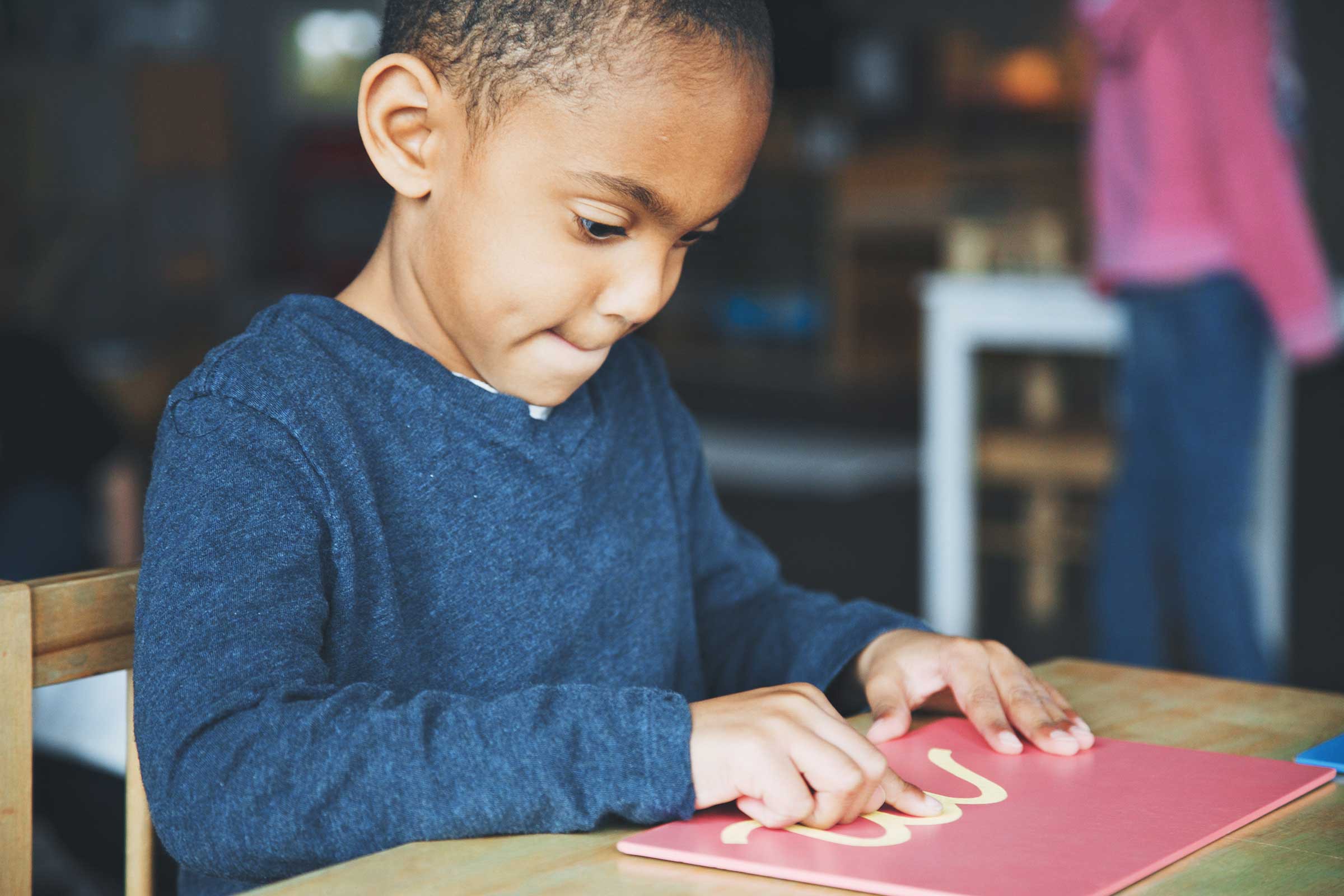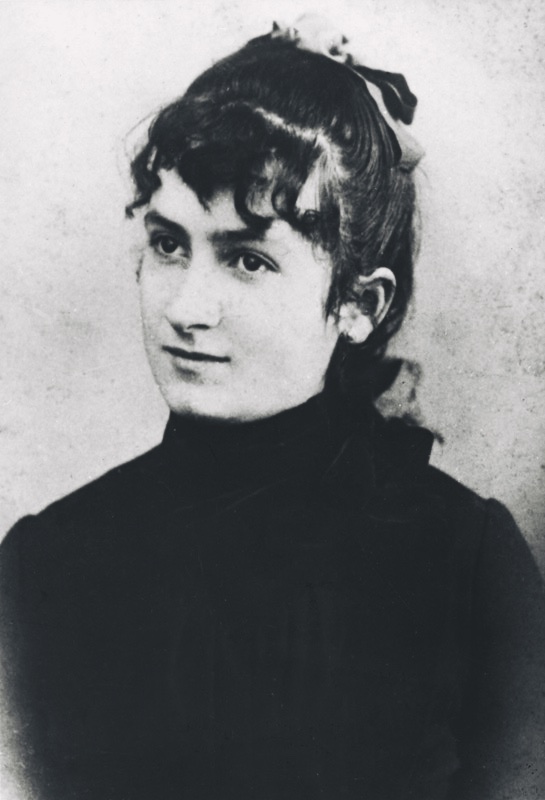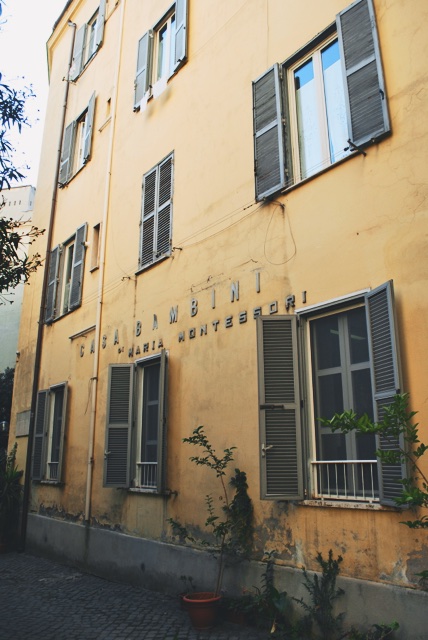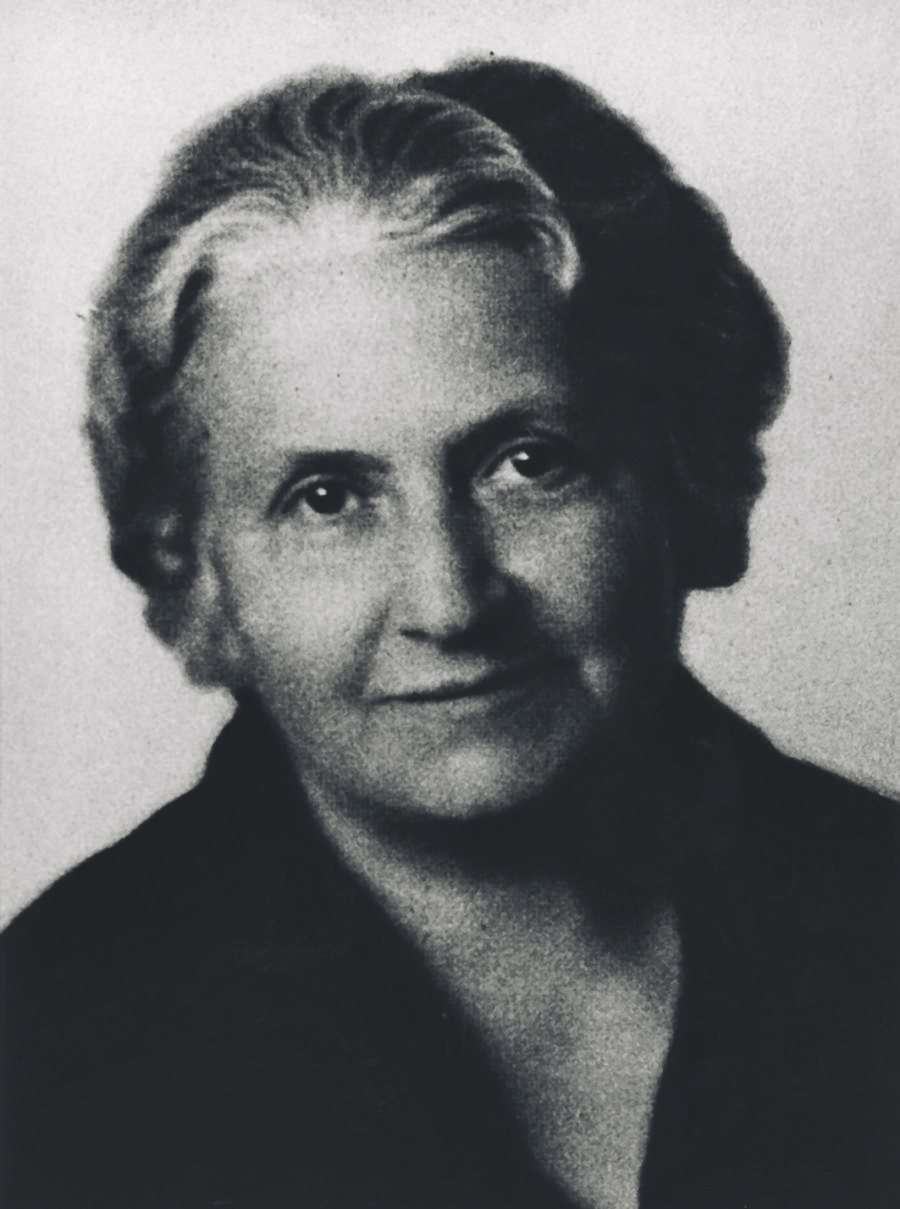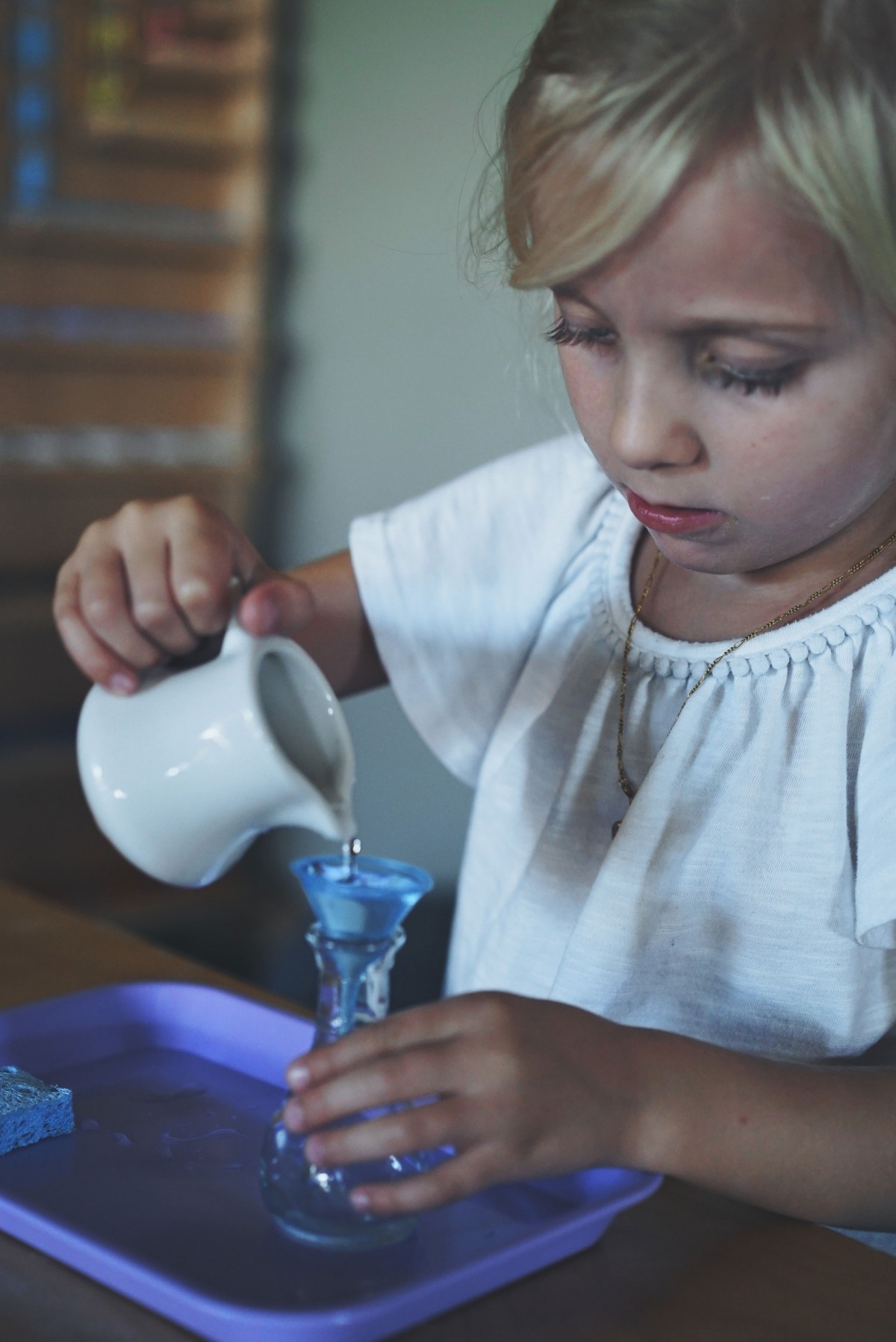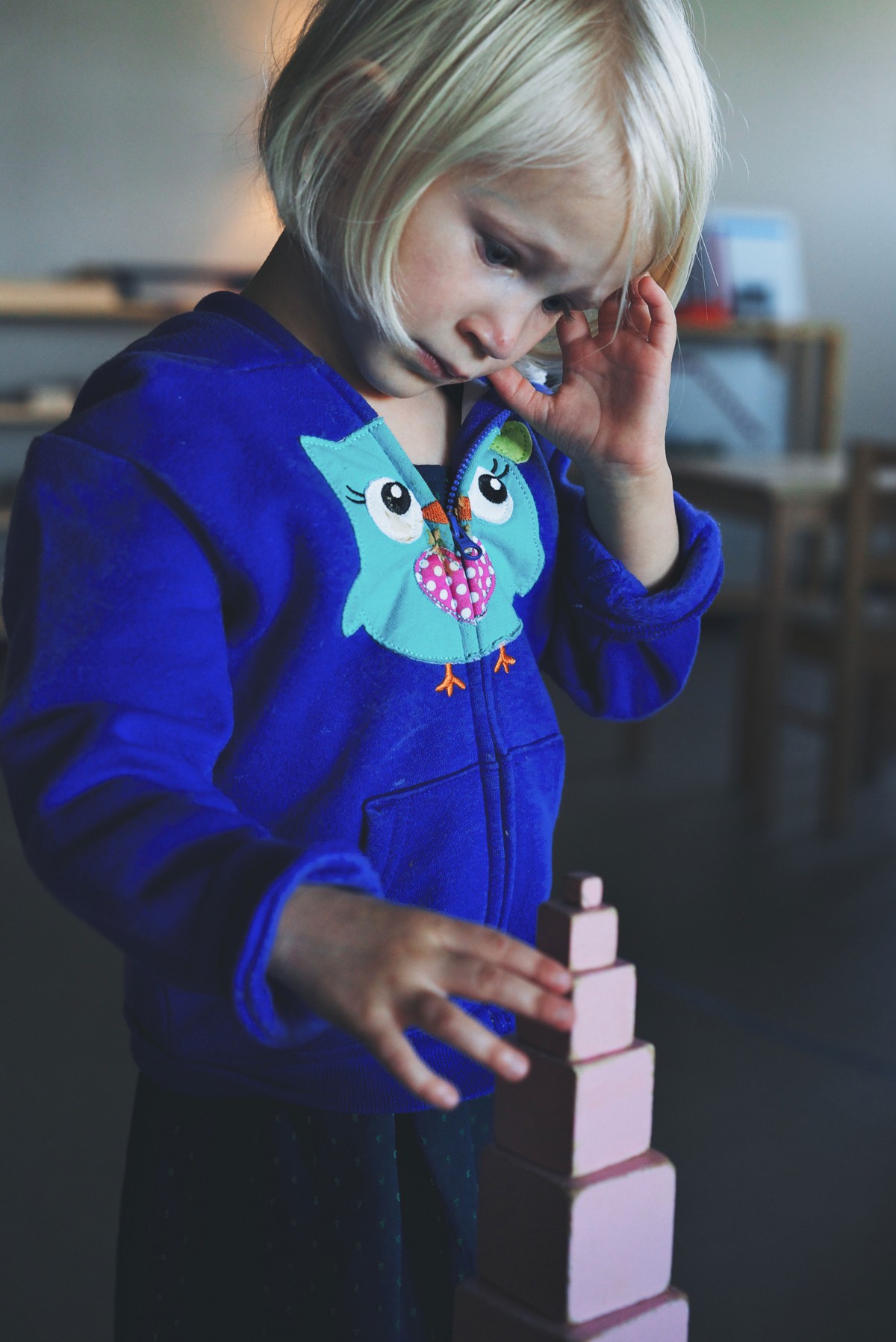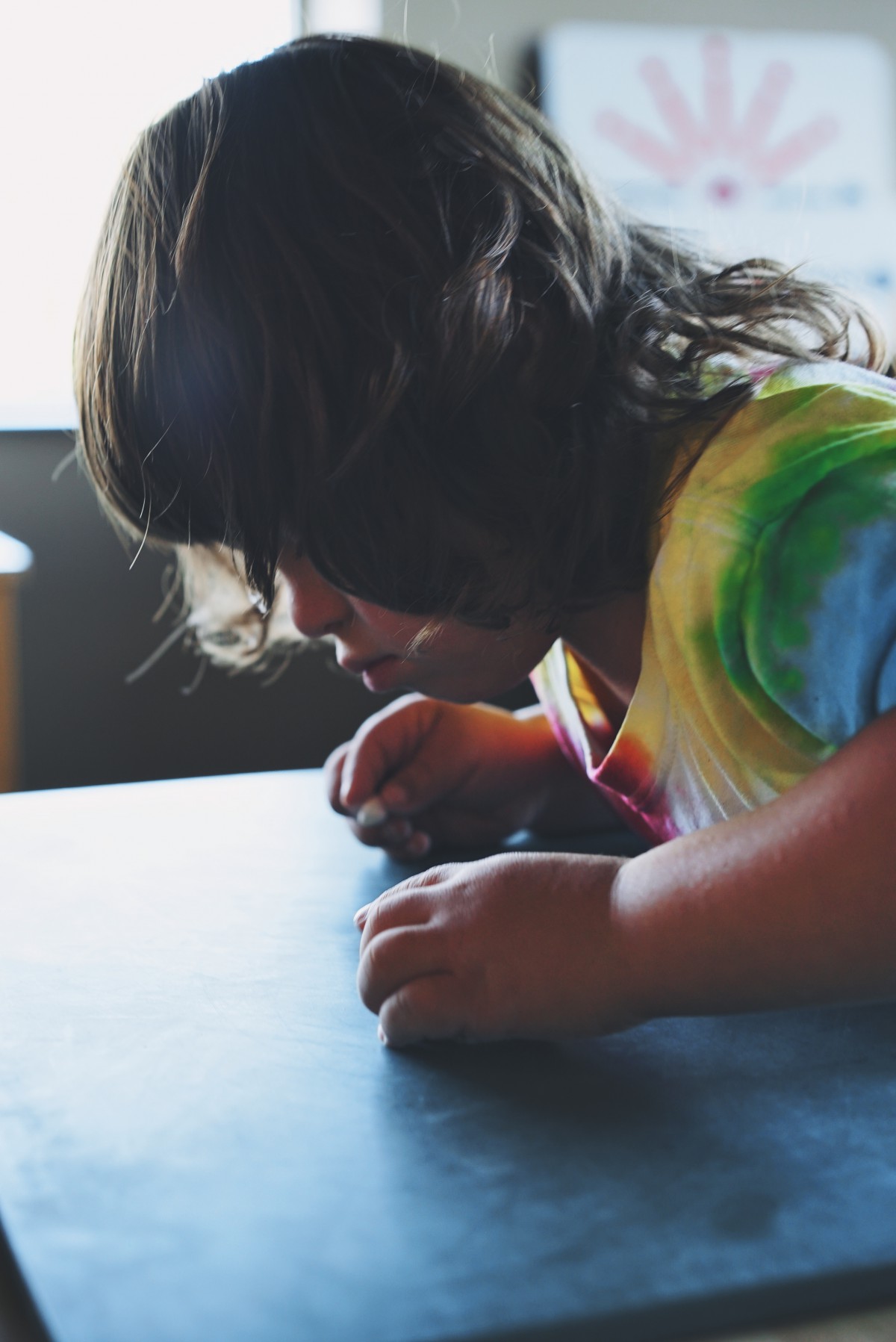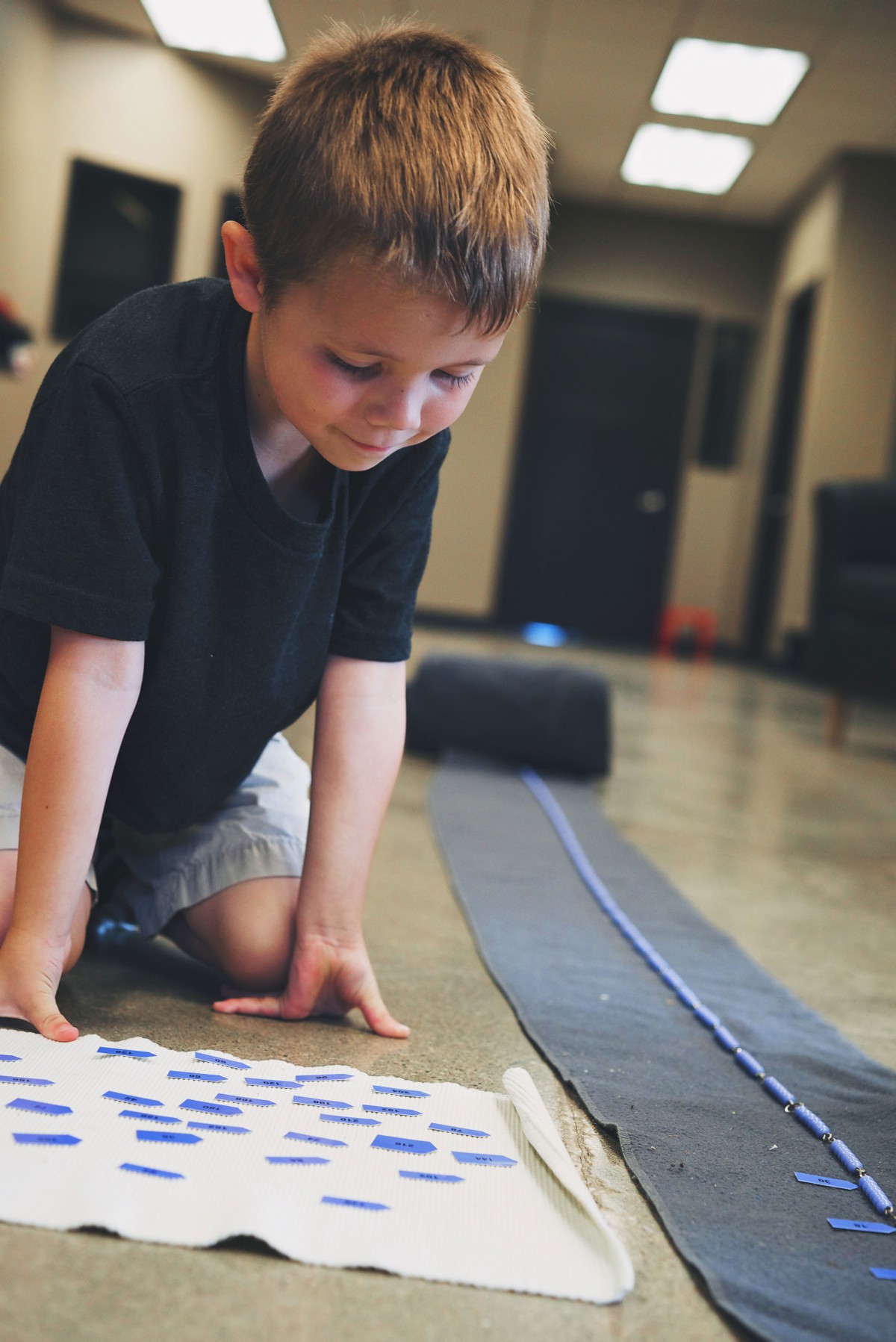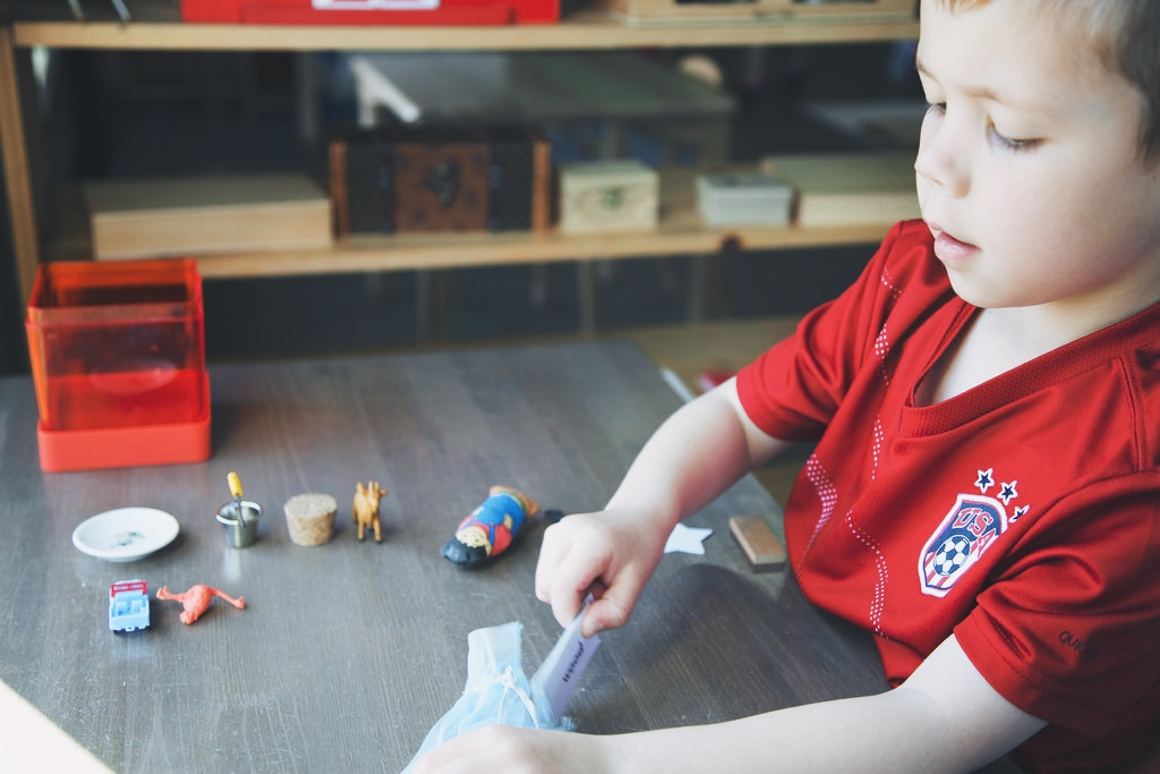THE PHILOSOPHY
Maria Montessori, often considered the first female physician in Italy, innovated the Montessori approach to education. The Montessori method concentrates on the specific developmental needs of the child. Montessori believed that everyone learns differently, and at their own pace. She created a new type of classroom, a prepared environment, to accommodate and stimulate the individual interests of her students. The Montessori method has successfully been practiced for over a century. Here, at Baan Dek, we’re proud to recognize and carry on that tradition.
THE APPROACH
The paradox of education is that once you learn something new, you disrupt the way things once were. What makes Montessori so relevant today, is that it prepares children for real world experiences. The focus is not on how to memorize, recite, or even how to solve a problem, but instead how to think through, understand, and ultimately invent new questions, for tasks yet to be determined. In a very real way, we believe that Montessori was the only system of education adequately prepared to address the unique challenges of the twenty-first century.

